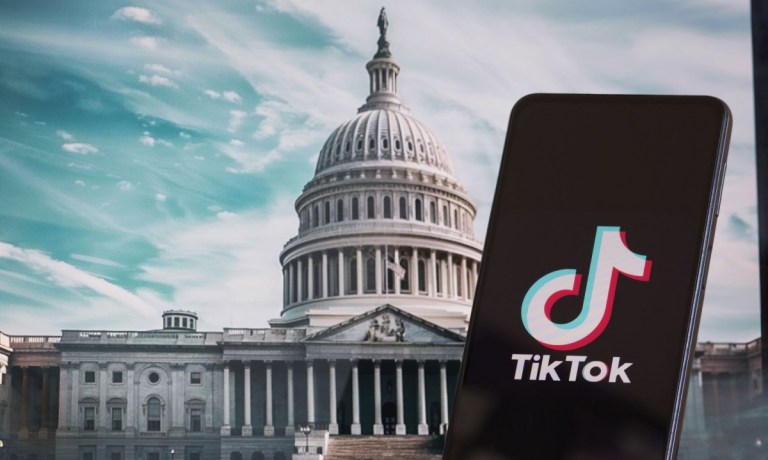House OKs TikTok Ban Aimed at Guarding Consumer Data

American lawmakers have approved a bill that could ban TikTok in the U.S.
The U.S. House of Representatives voted 352-65 Wednesday (March 13) in favor of the legislation, aimed at compelling ByteDance, the Chinese owner of the popular social media platform, to divest its U.S. assets within six months.
Failure to comply could lead to a ban on TikTok, something opponents of the platform have been pushing for years, arguing that the company’s ownership was putting user data in the hands of China’s Communist Party (CCP).
“From sharing Americans’ data with the CCP to its impact on our nation’s children, TikTok poses the gravest risk to our national security,” U.S. Rep. Patrick McHenry, R-N.C., said in a statement following the bill’s passage.
“Its actions in response to Congress considering this legislation make that even more clear. This targeted approach is the right way to combat the malign influence of the CCP without sacrificing core American values. It’s important to note that divestment and investment are two sides of the same coin.”
TikTok’s CEO testified before Congress last year, and said at the time that claims that his company was controlled by the Chinese government — or that it shares information with Beijing — were not accurate.
Among the opponents of the bill was Rep. Alexandria Ocasio-Cortez, D-N.Y., who issued a statement before the vote explaining her planned “No” vote.
“This bill was incredibly rushed, from committee to vote in four days, with little explanation,” Ocasio-Cortez said, adding that she also had reservations about potential antitrust issues and privacy concerns tied to the legislation.
The bill now moves to the U.S. Senate. President Joe Biden has indicated a readiness to sign the bill into law assuming it passes both chambers.
The White House has discussed the legislation as a key measure to combat potential data privacy and national risks tied to the platform.
TikTok is also facing pressure in Europe, with the European Commision opening proceedings against the platform last month, citing concerns about the protection of minors, advertising transparency, data access for researchers, and the management of addictive design and harmful content.
Reached for comment by PYMNTS, a TikTok spokesperson provided an emailed statement: “TikTok has pioneered features and settings to protect teens and keep under 13s off the platform, issues the whole industry is grappling with. We’ll continue to work with experts and industry to keep young people on TikTok safe and look forward to now having the opportunity to explain this work in detail to the commission.”